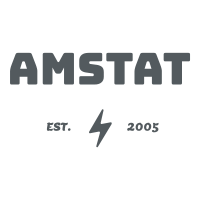AMSTAT Consulting evaluated and transformed an undergraduate school curriculum using empowerment evaluation, which is a form of higher education research that emphasizes civic engagement, stakeholder collaboration, participatory methods, and curriculum improvement. Empowering first-generation and low-to-moderate-income college students through a high-impact participatory curriculum evaluation aligns with preparing future leaders. The curriculum emphasized service learning.
Designing Culturally Competent Evaluation Tools
The empowerment evaluation approach inherently supports culturally competent evaluation, emphasizing inclusivity, stakeholder engagement, and tools that reflect the diversity of participants, including first-generation and low-to-moderate-income college students. This methodology likely included culturally responsive frameworks to ensure that the curriculum met the needs of a diverse student body.
Coordinating Public, Private, and Non-Profit Organizations or Serving as a Project Manager
Empowerment evaluation involves collaboration with multiple stakeholders, including faculty, administrators, non-profit organizations, and community partners. This project required coordination across departments and external public, private, and non-profit organizations, demonstrating AMSTAT Consulting’s experience managing diverse groups toward a common goal.
Communicating Research Findings and Recommendations to Multiple Audiences
AMSTAT Consulting communicated findings and recommendations to a professional audience, including educators and policymakers. For example, a collaborative approach to curriculum evaluation necessitated producing reports or summaries for different audiences, including faculty, administrators, and external stakeholders.
